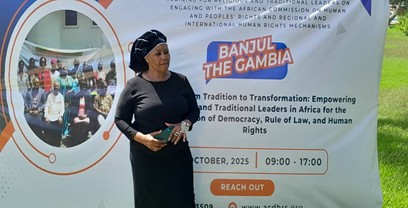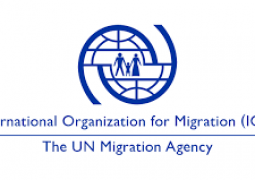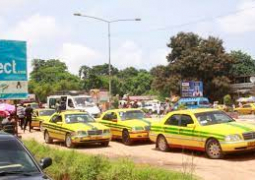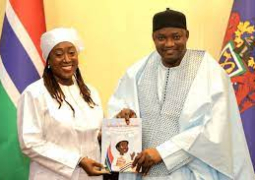
It brought together leaders from countries such as Cameroon, Nigeria, South Africa, Republic of Guinea, Senegal among others on the theme: ‘From Tradition to Transformation: Empowering Religious and Traditional Leaders in Africa for the Consolidation of Democracy, Rule of Law, and Human Rights’.
The forum was aimed at enhancing understanding of the challenges posed by conflicts, military coups, SGBV, and human rights violations among participants.
The initiative seeks to foster dialogue, enhance understanding of regional and international rights mechanisms and develop actionable strategies to address current challenges.
In an exclusive interview with The Point on the forum’s resolutions, Pastor Dimakatso Alethia Babe, director of Amazing Grace Gauteng Province and Chairperson of Civil Society Unmuted Coalition, South Africa, acknowledged that they as religious and traditional leaders have a role to ensure that they do take care of their vulnerable and marginalised communities.
She revealed that the forum’s resolutions include religious and traditional leaders ensuring that they form a network of leaders where they hold each other accountable and further ensure that as they go back, they implement it. That, she said, includes a continued capacity for traditional and religious leaders.
She also recommends politicians to also undergo training on human rights issues to fully understand their roles, adding it will help them in upholding human rights in their various countries.
“For you to be a leader, you should be relevant and up to date, and capacity building is the only weapon that will actually make sure that you stay current in your leadership,” she stated.
“So, we have asked the ACDHRS to continue training us and to ensure that they hold us accountable because it cannot be money wasted. They need to see how far we have implemented what the Commission asked for,” she stated.
As traditional and religion leaders, she said they belong to Faith-Based Organization (FBO) that are registered as NGOs, and they continue to stay relevant within the CSOs space, go back and implement these human rights.
She said “because we need to implement, we also need to register for observer status so that we can be writing reports that can assist the commissions to understand if a state like South Africa is actually reporting the true reflection of what is happening in South Africa.”
“After my return to South Africa, she said, “I am going to hold my country accountable and I have a role to advocate to empower the communities about their own human rights to promote and protect their human rights, so that people know about their rights.”





